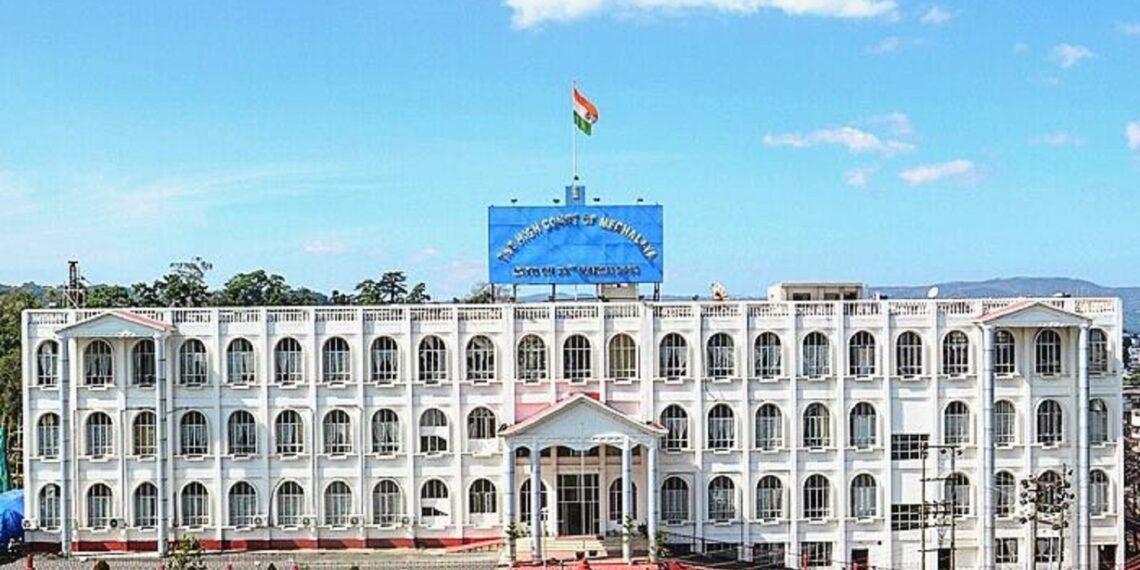SHILLONG: The Meghalaya High Court has set the stage for a more extensive investigation into potential connections between the state government and a cement manufacturing factory located in East Jaintia Hills.
The court’s decision came on Monday in response to a Public Interest Litigation (PIL) filed by Shailendra Kumar Sharma, who has previously raised environmental concerns, and presented concerning information about operations of a manufacturing unit of Amrit Cement.
Sharma’s PIL shed light on alarming revelations regarding the operations of a cement manufacturing unit in East Jaintia Hills. The court, acknowledging the gravity of the issues raised, has expressed its willingness to explore a broader inquiry into the matter, including examining any possible affiliations between the government and the seventh respondent, Amrit Cement.
“The petitioner’s prayers for a wider inquiry, including as to the possible nexus between the state and the seventh respondent, will be considered on the adjourned date,” the court order said, scheduling the matter for consideration on November 7.
According to Sharma’s claims, Amrit Cement was granted state approval to operate a cement plant alongside a 10 MW captive power plant. However, it is alleged that the company has exceeded the approved cement production levels specified in the letter of approval, dated November 13, 2008.
Additionally, the petitioner asserts that the company has been engaged in limestone mining activities without obtaining the necessary licenses or permissions.
The court noted that on March 2, 2022, the Union Ministry of Mines raised specific queries regarding the Amrit Cement’s activities. The ministry’s inquiries revealed no evidence of licenses for limestone mining. The state government, while acknowledging the primary concerns, was unable to provide immediate clarity regarding whether the seventh respondent possessed the required mining licenses.
This lack of clarity and the potential discrepancy between theAmrit Cement’s activities and licensing requirements led the court to consider the possibility of state government involvement or complicity in the matter. Consequently, the court has initiated a more comprehensive investigation.
The bench has directed that all respondents, including the cement manufacturing company, receive prompt notices.















